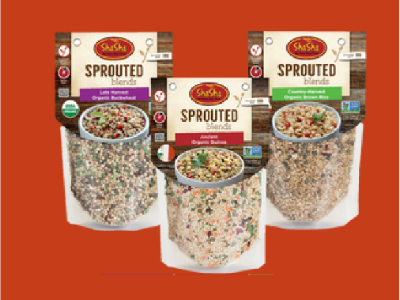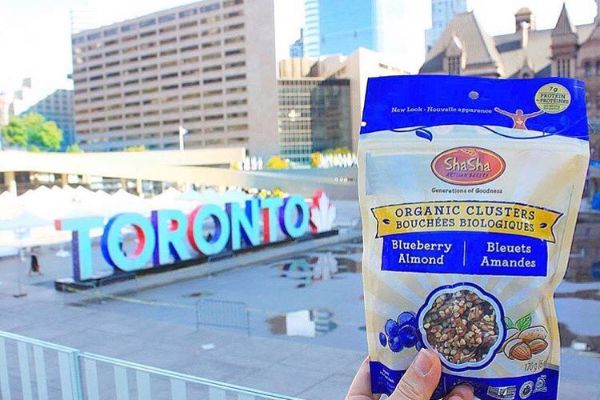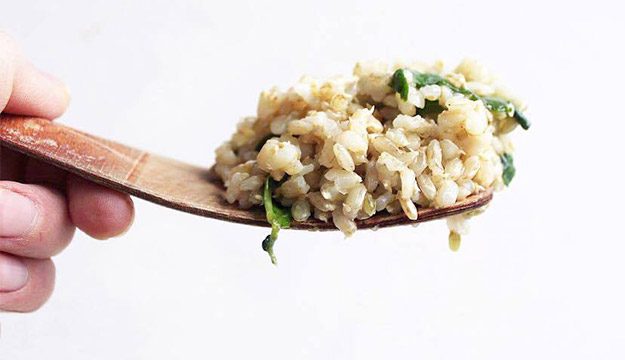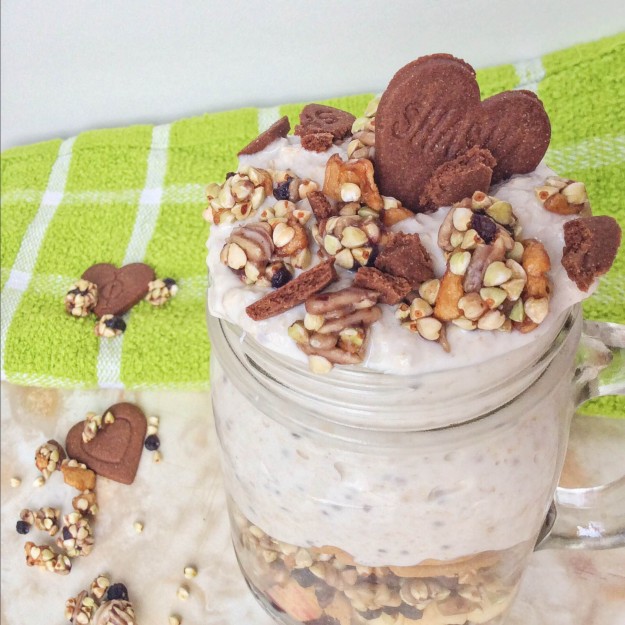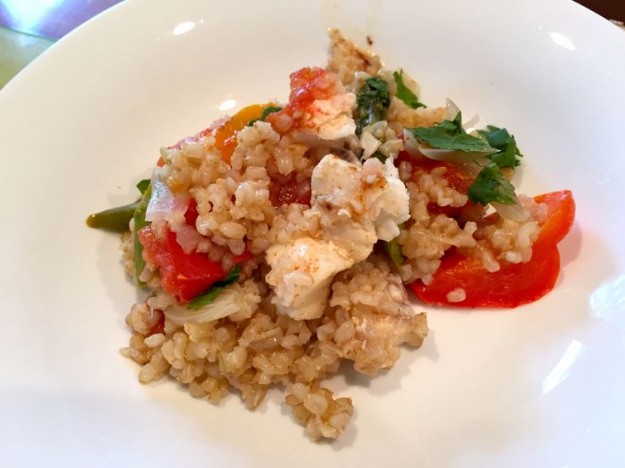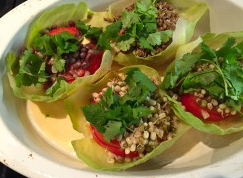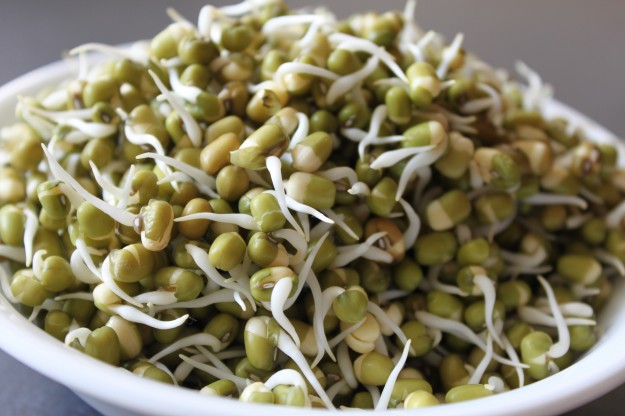Are you suffering from seasonal allergies? Taking medication can have some serious side effects but without it, you may have to deal with debilitating symptoms. Luckily, there are foods you can eat that help to boost your natural resilience to seasonal allergies so that you can actually enjoy spring.
Tomatoes
High in vitamin C which boosts your immune system, studies reveal that tomatoes can protect against asthma and respiratory diseases. A University of Tel Aviv study showed that tomatoes contain the anti-oxidant lycopene which increases your resistance to asthma attacks by 45%.
Increasing your daily vitamin C intake will prevent the formation of histamines which are responsible for common allergy ailments like congestion, runny nose and watery eyes. Around 2,000 mg a day should do the trick. Opt for broccoli here as it is high in vitamin C (89.2mg in a 100g serving) and it also has cancer-preventing properties. Along with other cruciferous vegetables like Brussels sprouts, kale, bok choi and cauliflower, broccoli is able to relieve congestion.
Probiotics
Add foods rich in probiotics like organic breads, yogurt and kaffir to your daily diet. Probiotics like acidophilus help to restore your natural balance and boost your immune system. Getting your gut bacteria in balance can resolve some of the allergic reactions you may be having to spring allergens and gluten.
Onions and Apples
Ironically, increasing your onion intake can reduce watery or itchy eyes, asthma, sinusitis, bronchitis and hay fever. Onions contain quercetin, a bioflavanoid which, studies show, helps to reduce the symptoms of seasonal allergies. Another wonderful source of quercetin is apples; be sure to eat the peel which contains polyphenols which are excellent for combating cell damage.
A 2007 study found that women who ate apples during pregnancy had children with a lower risk of asthma. Dr. Jane Burns of the Harvard School of Public Health: “Our study, as well as other research, suggests that higher intakes of antioxidant and anti-inflammatory micronutrients are associated with lower reports of cough, respiratory infections, and less severe asthma-related symptoms.”
Fish Oils
Pivotal for the formation of cells, EPA and DHA (found in essential fatty acids) play a role in preventing heart disease, reducing cholesterol, proper bowel functioning and reducing the symptoms of hay fever. 2,000-6,000mg a day should do the trick.
Omega-3 fatty acids also boost the immune system and act as an anti-inflammatory. These ‘good fats’ combat the dry, itchy skin or eczema that accompanies spring allergies. A study found that women who ate fish during pregnancy produced children with a lower risk of allergies and asthma.
Nuts
Nuts are a healthy snack choice packed with magnesium and vitamin E. Magnesium reduces the tight chest and difficulty breathing that accompanies asthma, while vitamin E boosts your immune system and protects against free radicals which cause tissue damage and inflammation.

